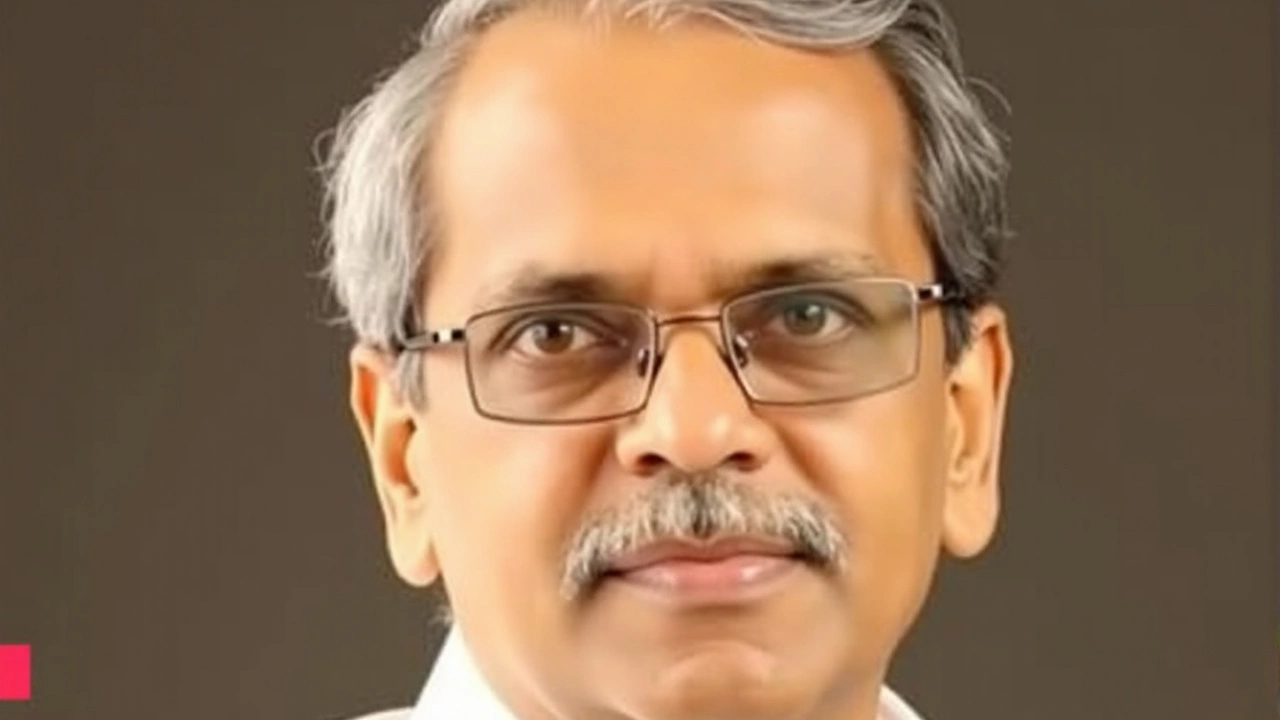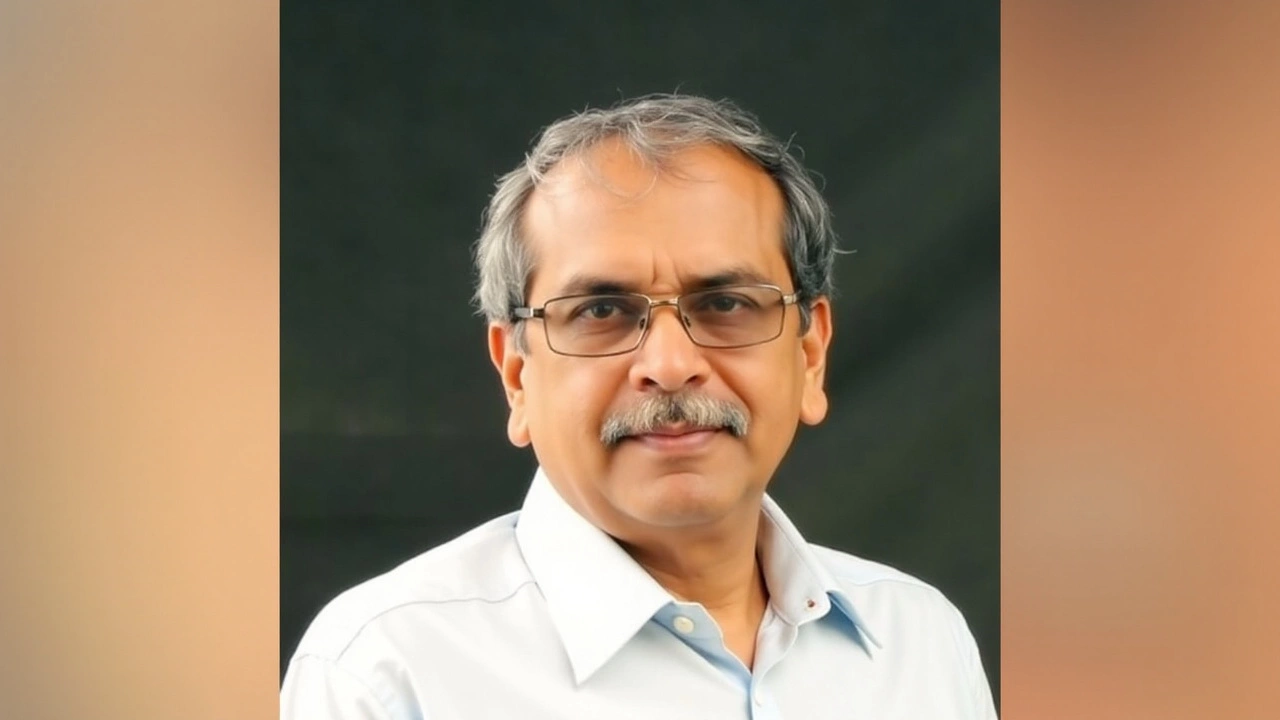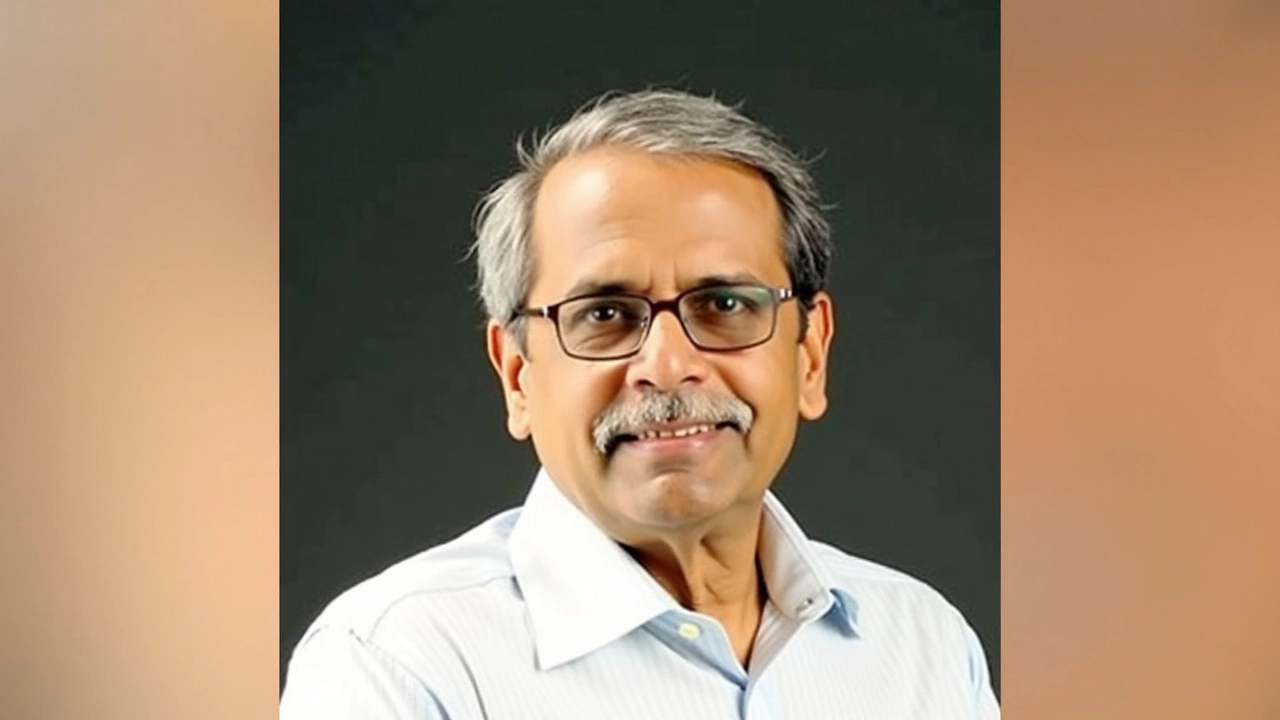Infosys Co-Founder Kris Gopalakrishnan and Former IISc Director Face Legal Action under SC/ST Act

Introduction to the Case
The legal and societal landscape in India regarding caste discrimination has always been a topic of intense discourse. Recent developments have again brought these issues to the fore, as prominent figures in academia and industry have been entangled in allegations concerning caste-based discrimination. The co-founder of Infosys, Kris Gopalakrishnan, and the former Director of the Indian Institute of Science (IISc), P. Balaram, find themselves in the midst of a legal storm after being booked under the Scheduled Caste and Scheduled Tribe (Prevention of Atrocities) Act. These charges stem from a complaint filed by Sanna Durgappa, a former assistant professor at IISc and member of the Bovi tribal community.
Background and Allegations
The case, registered at Bengaluru's Sadashiva Nagar police station, follows directions from the city's 71st civil and sessions court. It shines a spotlight not only on renowned individuals but also on the broader issues of caste discrimination and systemic biases that persist in some of India’s esteemed institutions. The genesis of this legal action can be traced back to 2014 when Durgappa, then a faculty member at IISc's Centre for Sustainable Technology, was embroiled in controversies that led to his termination.
Durgappa alleges he was falsely implicated in a so-called 'honey trap' case orchestrated to malign his reputation and subsequently facilitate his dismissal. He claims that an innocuous remark calling a married woman 'beautiful' was used as a pretext for filing a complaint before the Sexual Harassment Complaints Committee (SHCC). According to Durgappa, the SHCC wrongfully deemed this compliment as an act of sexual harassment without adhering to proper governance, particularly the absence of an NGO representative as stipulated by Supreme Court guidelines.

Legal and Institutional Context
The legal battle for Durgappa has been protracted, with him seeking recourse from the Karnataka Legislative Assembly's SC/ST committee in 2017. This committee’s investigation purportedly corroborated Durgappa’s claims, thereby casting doubts over the allegations against him. It was concluded that the accusations lacked substance, highlighting a potential bias due to Durgappa's Dalit identity. The investigation report's findings underscored that Durgappa was targeted, not for legitimate grievances, but seemingly due to entrenched caste prejudices within the institution.
Furthermore, the case brings to light the procedural and ethical dimensions of complaints in such esteemed institutions. Questions arose about the appropriateness of the SHCC’s actions and whether due process was followed in accordance with institutional and legal guidelines. This casts a wider pall on IISc’s accountability and its adherence to protocols set forth for handling sensitive allegations.
The Broader Implications
Beyond the confines of legal documents and courtroom representations, this case vividly illustrates the intersection of caste dynamics with systemic power structures within India’s academic and corporate sectors. Institutions like IISc, revered for their contribution to science and technology, are now under scrutiny for potential incapacity to safeguard their environments from biases that stem from deep-seated societal issues.
As university faculty and business leaders navigate these murky waters, it becomes imperative to examine the entrenched biases that may pervade recruitment, retention, and disciplinary measures. The onus is on these institutions to not only foster diversity and inclusion but to actively dismantle any structural impediments that minority communities face.

Conclusion: Awaiting Justice and Reforms
As this case unfolds, it underscores a larger narrative of the ongoing struggle against caste discrimination in India. Monitoring the outcomes of these legal proceedings will be crucial in understanding how entrenched power structures may evolve, as well as the potential legal reforms necessary to ensure fair treatment regardless of caste. The allegations against Kris Gopalakrishnan, P. Balaram, and others highlight the significant responsibilities placed on institutions to uphold justice, fairness, and equality for all its members.
Durgappa, whose career trajectory at IISc was altered due to the proceedings, remains at the center of this legal battle, poised amongst a backdrop of societal and institutional change. Only time will reveal the impact of this case on both the accused and the frameworks that support India’s academic and corporate landscape.
